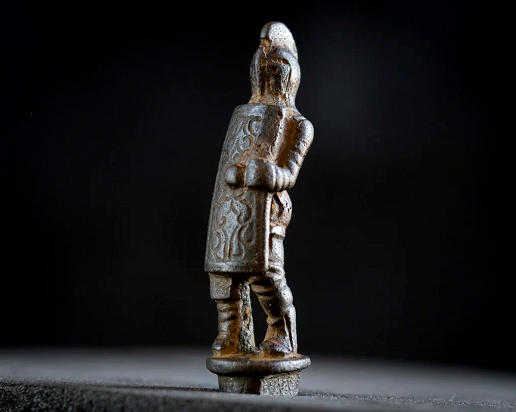According to a 2021 survey by the Health Promotion Administration (HPA), 8.3% of post-menopausal women aged 40 to 59 experience urinary incontinence during activities like coughing, laughing, sneezing, or straining, affecting their quality of life. The HPA has provided five suggestions to help menopausal women improve urinary incontinence and enhance their quality of life. The National Health Agency reminds women to perform pelvic floor muscle exercises and diligently practice the "5-5-10 Formula Exercise" (Image from National Health Agency Facebook)
The National Health Agency reminds women to perform pelvic floor muscle exercises and diligently practice the "5-5-10 Formula Exercise" (Image from National Health Agency Facebook)
Urinary incontinence in menopausal women should not be ignored
Urinary incontinence is a common health issue among menopausal women. Due to a shorter urethra and the gradual deterioration of pelvic floor muscles, ligaments, and bladder function with aging, pregnancy, childbirth, or pelvic surgery, symptoms such as frequent urination, nighttime urination, and leakage can occur. These symptoms not only affect daily life, requiring the use of pads and frequent restroom trips but also cause inconvenience in sexual life, further impacting women's confidence and quality of life.
HPA's five tips for improving urinary incontinence
A. Control body weight: Excessive weight increases the risk of urinary incontinence. It's recommended to maintain a healthy weight, keeping the BMI (weight/height squared) between 18.5 and 24.
B. Strengthen pelvic floor muscle training: Regularly perform the "5-5-10 exercise," which involves contracting the pelvic floor muscles for 5 seconds, relaxing for 5 seconds, and repeating 10 times. Three sets a day are recommended to improve urinary incontinence.
C. Drink water in moderation and urinate regularly: Daily water intake should be controlled at 1,500 to 2,000 milliliters, and regular urination habits should be developed to prevent bladder over-expansion.
D. Avoid irritants: Reduce the intake of bladder-irritating foods like caffeine and alcohol to decrease the chances of urinary leakage.
E. Maintain cleanliness in intimate areas: Keep the intimate area clean and dry, especially when there's increased discharge, to prevent bacterial infections.
Seek professional help to improve quality of life
For severe urinary incontinence, it is recommended to consult a urogynecologist for further diagnosis and treatment. The HPA also encourages the public to visit the HPA’s Health 99+ website—Menopause Health Center—for accurate health knowledge and continuous pelvic floor muscle training, helping menopausal women overcome urinary incontinence and regain their health and confidence.







